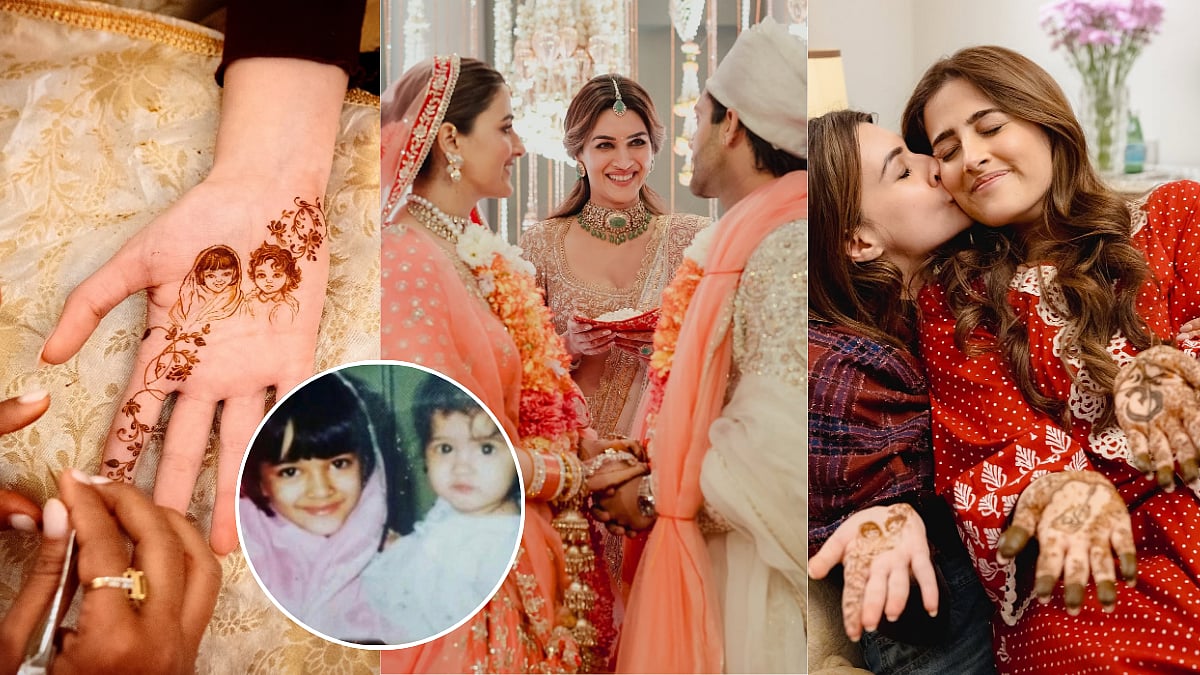Today, almost every child is on a device – be it phone, tablet, laptop, or a gaming console. Thus, it is becoming increasingly important to get children off the screens and onto the playgrounds.
One way to encourage children to play would be arranging playdates with their friends or children of same group. These playdates play a crucial role in helping children develop essential life and communication skills.
Make friends
One major benefit of playdates is they help children make new friends and strengthen existing ones. For example, the child might invite others to come over for play or join a group if s/he is alone. It instils confidence in them and fosters positive social interactions.
Communication
Playdates also enhance children’s language and communication skills. Engaging in conversations with other children encourages them to use language to express thoughts, ask questions, and solve problems.
Whether they are playing hide-and-seek or negotiating roles in pretend play, communication allows them to get what they want. It improves their vocabulary and speech. Playdates provide an informal environment for this crucial development, making communication a fundamental part of the fun.
Problem-solving
Another key aspect of playdates is the opportunity they provide for problem-solving. During playdates, children might encounter challenges — whether it’s deciding which game to play or being stuck at something while playing. Such challenges teach them how to overcome obstacles independently.
Working with friends to solve problems not only encourages teamwork but also nurtures their self-reliance and critical thinking. It’s through these small yet significant experiences that children grow to become independent adults.

Exercise
Playdates offer a break from devices and the digital world and encourages them to engage in physical activities. For example, running around in a park, climbing on playground equipment,
or playing board games at home, which only improves motor and cognitive skills but also makes them physically healthy. As children are increasingly drawn to sedentary activities, organising playdates ensures they remain physically active, developing coordination and stamina while having fun.
Emotional well-being
Playdates also build emotional resilience. When children play together, they experience a wide range of emotions — joy, excitement, frustration, and sometimes even disappointment. Learning to get a grip over these emotions in a safe and supportive environment helps them develop emotional intelligence. Moreover, being part of a group teaches them empathy and patience, key traits that will serve them well throughout life.
Social interaction
Playdates are a great way to instil social confidence in children from a young age. By meeting and interacting with new friends, children learn how to adapt and collaborate in group settings. This lays the foundation for interpersonal skills that benefits them in school and when they become adults. Social well-being is as important as academic success and playdates naturally nurtures it.
As parent, I made it a point to arrange playdates for my daughter when she was younger. I ensured there were no devices during playdates — just old-fashioned, outdoor activities like I enjoyed growing up. I took my daughter and her friends to parks and encouraged them to play outdoor games. Not only did they get plenty of fresh air and exercise, but they also bonded with other children, forming friendships that continue to this day. This ‘unplugged’ play allowed them to engage in imaginative play, problem-solving, and teamwork in a way that screen-based entertainment simply cannot match. In today’s digital age, playdates are more than just fun; they are a critical part of a child’s social, emotional, and cognitive development. From fostering friendships to encouraging problem-solving and active play, these playdates provide children with valuable life lessons. As parents, making time for regular playdates can help improve child’s overall well-being.
(Riddhima Kapoor Sahni is a jewellery designer, and daughter of veteran actors Rishi Kapoor and Neetu Kapoor)









